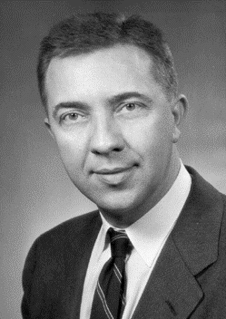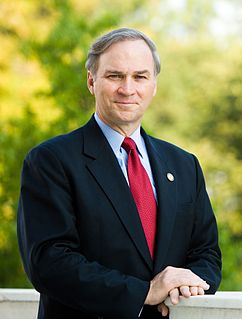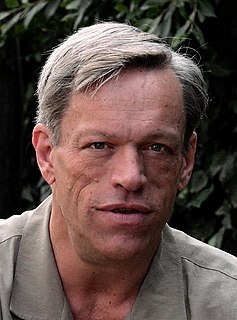A Quote by Bruce Pittman
The National Space Society is proud to have EIS as our flagship spaceflight program, and we look forward to the remarkable results that will flow from its successful completion.
Quote Topics
Related Quotes
My position is that it is high time for a calm debate on more fundamental questions. Does human spaceflight continue to serve a compelling cultural purpose and/or our national interest? Or does human spaceflight simply have a life of its own, without a realistic objective that is remotely commensurate with its costs? Or, indeed, is human spaceflight now obsolete?
In a big picture sense, it's more national prestige that we're risking. You know, we are proud of our space program, but as we were talking earlier, the average American doesn't think that much about it right now. So, it may seem like something we could just give up and not really worry about it, but I think it starts creeping into the national psyche. If American astronauts have to hitch rides with the Russians or other nations in the future.
Dying well is part of living well and one day our society will surely recognize that. But I suppose we'll only know that we've reached that promised land on the day that the President of the Voluntary Euthanasia Society begins his address to the Annual General Meeting with the words: 'Tremendous news for the society. It's been our most successful year ever. So successful, indeed, that we now have no members at all.
It's good to go back and look at what other states are doing. For example, Mayo Clinics and the University of Minnesota had a collaborative grant program that we modeled our program after, so we went back to talk to them about the successes of their program. It's been very successful, the state is going back to fund it again, and it's resulted in a great deal of collaboration and specifically patented technology.




































